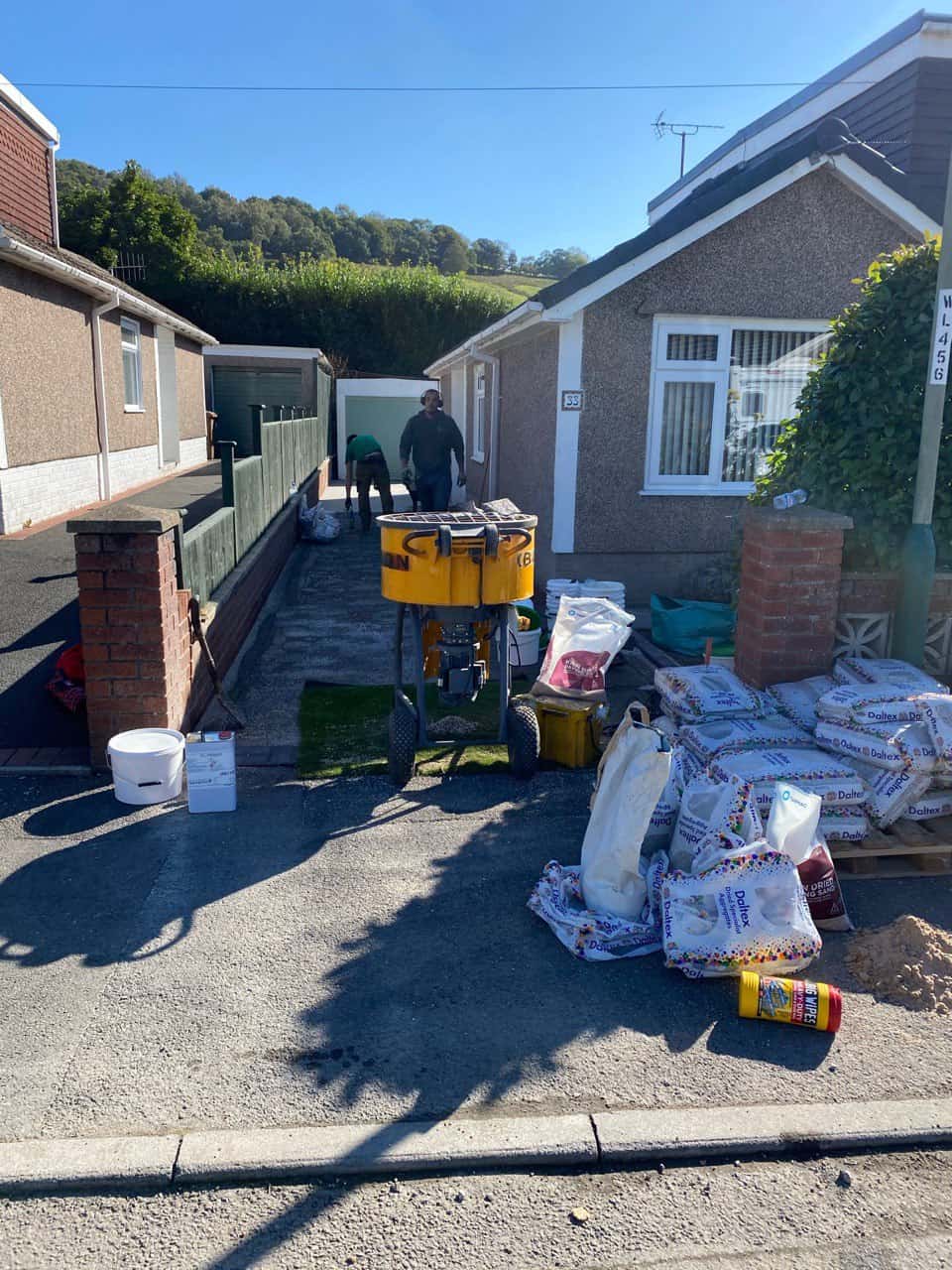
Introduction: When choosing a driveway material, cost-effectiveness is a key consideration for homeowners. Two popular options often come to mind: paving (typically asphalt or concrete) and shingle driveways (made of gravel or crushed stone). Both have unique advantages, but which one offers a more cost-effective solution? In this blog post, Sheffield Resin Driveways will compare the costs associated with paving and shingle driveways, helping you make an informed decision that suits your budget and needs.
The Cost of Paving Driveways:
Paving driveways, whether constructed with asphalt or concrete, offer durability and a smooth, uniform surface. However, they typically come with higher upfront costs due to several factors:
- Material Costs: Asphalt tends to be more budget-friendly than concrete, but the material costs for both are higher than gravel or crushed stone.
- Labour Intensity: Paving driveways require professional installation, involving extensive excavation, base preparation, and precise levelling. Labour costs are a significant portion of the total expenses.
- Maintenance Expenses: Paving driveways are low-maintenance compared to other materials; they may require occasional sealing, crack repairs, or resurfacing, which can add to long-term costs.
- Climate Considerations: Harsh weather conditions, such as freezing and thawing, can lead to cracking and damage, necessitating repairs or replacement.
The Cost of Shingle Driveways:
Shingle driveways, made of gravel, crushed stone, or similar materials, are known for cost-effectiveness. Here’s why they are considered a budget-friendly option:
- Lower Material Costs: Shingle materials are significantly less expensive than asphalt or concrete, making them an attractive choice for homeowners on a budget.
- Simplified Installation: Shingle driveways are typically easier and quicker to install, resulting in lower labour costs. The installation process may involve excavation and proper base preparation, but it’s generally less labour-intensive than paving.
- Minimal Maintenance: Shingle driveways require minimal maintenance, mainly of raking, occasional replenishing of gravel, and weed control. These tasks are relatively easy to perform and don’t require professional assistance.
- Repair Affordability: If sections of your shingle driveway become worn or damaged, repairs are generally cost-effective. You can add more gravel to level the surface, avoiding extensive and expensive repairs.
Factors to Consider:
While shingle driveways are typically more cost-effective upfront, there are some important factors to consider:
- Durability: Paving driveways often have a longer lifespan than shingle driveways, which may require more frequent maintenance and eventual replacement.
- Aesthetics: Shingle driveways are rustic and natural while paving offers a sleeker appearance. Consider your aesthetic preferences when making a choice.
- Climate: Paving driveways may be more suitable for areas with harsh weather conditions, as they can better withstand freezing and thawing cycles.
Conclusion: Ultimately, choosing between paving and shingle driveways comes down to your budget, preferences, and long-term goals. If you prioritise cost-effectiveness and are willing to perform regular maintenance, a shingle driveway can be an excellent choice. However, paving may be the better investment if you’re looking for a longer-lasting and low-maintenance option.
Call us on: 0114 6972811
Click here to find out more about Sheffield Resin Driveways
Click here to complete our contact form and see how we can help with your driveway needs.